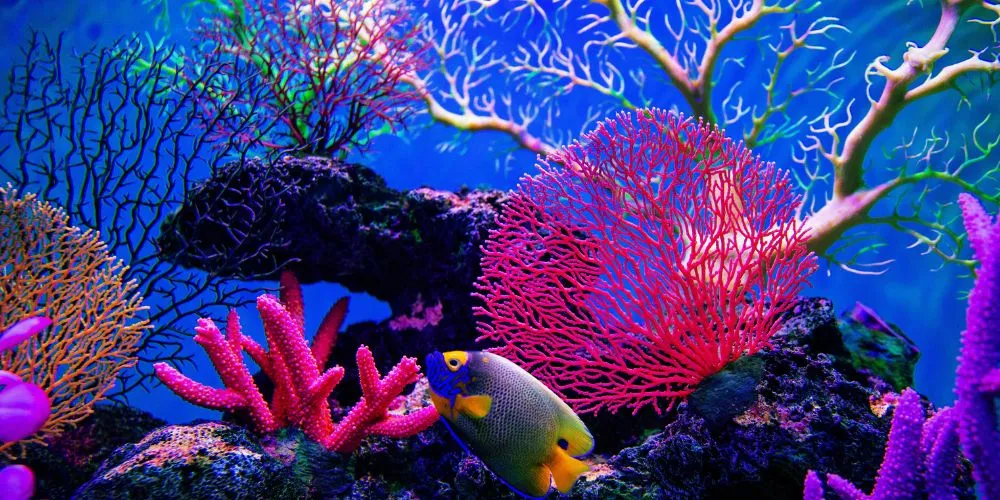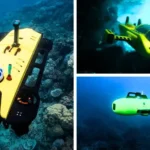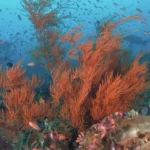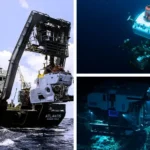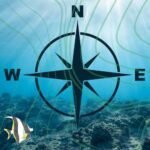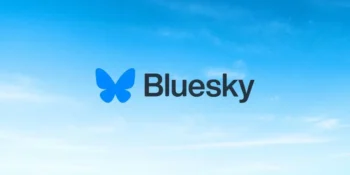Coral reefs are among the most biodiverse and productive ecosystems on the planet, providing essential habitats for countless marine species and supporting the livelihoods of millions of people worldwide. However, these invaluable ecosystems face unprecedented threats from human activities and environmental stressors. In this article, we embark on a journey to explore the significance of coral reef conservation, uncovering the challenges, strategies, and collective efforts needed to safeguard these fragile and irreplaceable marine habitats.
Understanding Coral Reef Conservation
Coral reef conservation encompasses a range of efforts to protect and restore these vital marine ecosystems. It involves addressing threats such as habitat destruction, overfishing, pollution, climate change, and ocean acidification, which pose significant risks to coral reefs’ health and resilience. Conservation initiatives seek to mitigate these threats through scientific research, policy advocacy, community engagement, and sustainable management practices, aiming to ensure the long-term survival of coral reefs and the myriad species that depend on them.
Importance of Coral Reefs
Coral reefs support marine biodiversity, coastal protection, food security, and economic development. They serve as nurseries and feeding grounds for a diverse array of fish and invertebrates, sustaining valuable fisheries and providing livelihoods for coastal communities. Additionally, coral reefs save coastlines from erosion and storm damage, generate tourism revenue, and contribute to local economies through diving, snorkeling, and recreational fishing.
Threats to Coral Reefs
Coral reefs face numerous natural and anthropogenic threats that compromise their health and resilience. Human activities such as overfishing, damaging fishing practices, coastal development, pollution from runoff and sewage, and climate change-induced stressors such as rising sea temperatures and ocean acidification pose significant risks to coral reef ecosystems. These threats can lead to coral bleaching, disease outbreaks, habitat degradation, and, ultimately, the loss of biodiversity and ecosystem services coral reefs provide.
Conservation Strategies
Efforts to conserve coral reefs employ a multifaceted approach, integrating scientific research, policy development, community engagement, and on-the-ground conservation actions.
Marine Protected Areas
Marine protected areas (MPAs) play a crucial role in coral reef conservation by providing sanctuary for marine life, restricting harmful activities, and promoting sustainable resource management. Well-managed MPAs help safeguard coral reef ecosystems, preserve biodiversity hotspots, and enhance the resilience of marine populations to environmental stressors.
Sustainable Fisheries Management
Sustainable fisheries management practices, such as implementing fishing quotas, gear restrictions, and marine spatial planning, are essential for maintaining healthy fish stocks and reducing pressure on coral reef ecosystems. By promoting responsible fishing practices and supporting alternative livelihoods for fishing communities, sustainable fisheries management contributes to the long-term viability of coral reef fisheries.
Pollution Prevention and Control
Preventing and controlling pollution from land-based sources, including agricultural runoff, sewage discharge, and marine debris, is critical for reducing stress on coral reefs and preserving water quality. Measures such as wastewater treatment, coastal zone management, and public awareness campaigns help minimize the impact of pollution on coral reef ecosystems and support their recovery and resilience.
Community Engagement and Education
Community engagement and teaching are vital components of coral reef conservation efforts. They empower local communities to become stewards of their marine resources and advocate for sustainable practices.
Capacity Building and Training
Capacity-building initiatives provide local stakeholders with the knowledge, skills, and resources needed to participate in coral reef conservation and management. Training programs on reef monitoring, sustainable fishing techniques, and alternative livelihoods help build resilience and foster a sense of ownership and responsibility among coastal communities.
Outreach and Awareness Campaigns
Outreach and awareness campaigns raise public awareness about the importance of coral reefs, the threats they face, and the actions individuals can take to support their conservation. Educational programs, community events, and media campaigns engage stakeholders at all levels and mobilize support for coral reef protection and restoration efforts.
Challenges and Future Directions
Despite progress, coral reef conservation faces numerous challenges, including insufficient funding, inadequate enforcement, and the growing impacts of climate change.
Climate Change Resilience
Climate change poses an existential threat to coral reefs, with rising sea temperatures and ocean acidification causing widespread coral bleaching and mortality. Addressing climate change requires global action to reduce greenhouse gas emissions, mitigate the impacts of climate change on coral reefs, and support adaptation strategies to enhance their resilience to future environmental stressors.
Sustainable Financing
Sustainable financing mechanisms are essential for supporting coral reef conservation efforts and ensuring the long-term viability of marine protected areas and conservation projects. Innovative financing mechanisms, such as debt-for-nature swaps, conservation trusts, and payment for ecosystem services schemes, can provide stable funding for coral reef conservation initiatives and promote sustainable development in coastal communities.
Integrated Management Approaches
Integrated management approaches that address coral reefs’ stressors are needed to enhance their resilience and sustainability. These approaches involve collaboration between governments, NGOs, scientists, and local communities to develop holistic conservation strategies that balance ecological, social, and economic priorities and promote coral reef ecosystems’ long-term health and vitality.
Conclusion
Coral reefs are invaluable ecosystems that provide essential services to marine life and human societies. By implementing effective conservation strategies, engaging local communities, and addressing the root causes of coral reef degradation, we can work together to ensure the survival of these precious marine habitats for future generations. As we navigate the challenges of coral reef conservation, the journey towards protecting these jewels of the sea is guided by the shared commitment to preserving the beauty, diversity, and ecological integrity of coral reef ecosystems.
